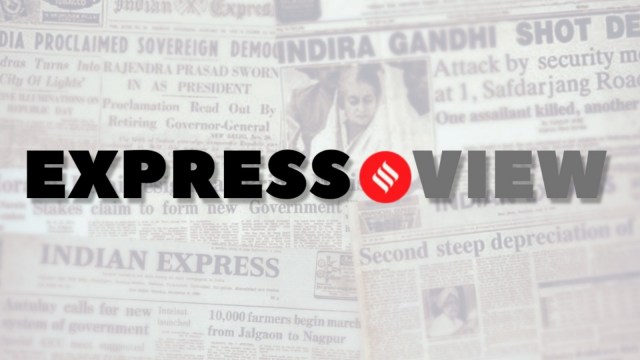
On Monday, when Chief Election Commissioner Gyanesh Kumar announced the nationwide Special Intensive Revision (SIR) of the electoral rolls — it will be carried out across 12 states and one Union Territory — it was apparent that the EC had paid attention to the Supreme Court and learnt from its Bihar experience. The nationwide exercise, which includes states scheduled to hold polls in the first half of next year — Kerala, West Bengal, Tamil Nadu, and Puducherry — will start on November 4. Around 5.33 lakh booth-level officers (BLOs) will visit households to get enumeration forms filled in. It will be followed by the submission of forms by December 4 and the publication of the first draft electoral rolls on December 9.
These shifts are welcome. However, it appears that they are not enough to allay the concerns of non-NDA-ruled states. Tamil Nadu and Kerala have criticised the EC for conducting the exercise in “haste” — the DMK has cited the north-east monsoon as a crucial barrier; the West Bengal government has called the EC “extremely compromised”. Opposition political parties need to understand that the SIR is a necessary exercise to revise and update electoral rolls — there have been eight nationwide electoral roll revisions between 1951 and 2004. At the same time, the EC must also work on its grievance redressal mechanism. As a constitutional body, it must be above partisan politics and political rhetoric. The nationwide SIR could be an occasion for the EC to clarify all election-related concerns through transparent procedures.